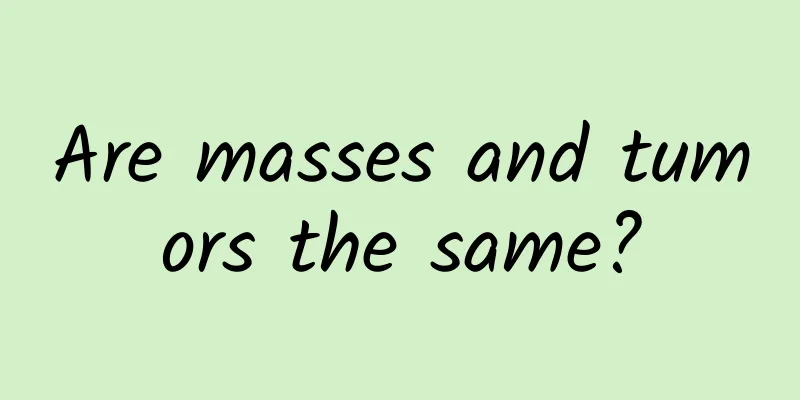The harm of injection for cervical pain

|
Cervical pain is a very difficult disease to endure. If you have cervical pain, it will be very difficult for you to even do simple movements like twisting your neck, and any slight movement of the cervical spine will be very painful. Some patients cannot bear this pain and want to relieve it by getting a blocking injection. After the blocking injection, the affected part is anesthetized and they will not feel pain. So, what are the dangers of injecting a closed injection for cervical pain? 1. What are the harms of closed-door treatment? In fact, blockade therapy is a very mature method in modern medicine for treating pain caused by sterile inflammation, and serious complications usually rarely occur. Systemic symptoms: There may be some symptoms caused by allergy or rapid absorption of anesthetic drugs. Local symptoms: The drug injection site may be offset, and the blocking effect is not good. Repeated injections at the same site in a short period of time are not allowed, because long-term high-concentration hormone exposure to the same site will lead to local tissue metabolic disorders and easily produce tissue adhesions, which may cause partial movement restrictions. At the same time, multiple injections of blocking fluid will produce a cumulative effect locally, which is likely to form new inflammatory stimuli. Therefore, it is generally not recommended to inject it several times in a short period of time. Generally, the number of closed treatments for one area should be no more than 3 times a year. In addition to reminding you: after the blockade, the symptoms disappear, but the local inflammation is still there, and you still need to rest thoroughly and wait for the inflammation to be absorbed and completely healed, but too many patients think that they are cured as long as they have no pain in clinical practice, without eliminating the factors that cause damage, such as the effects of hormones and anesthetics, and the symptoms reappear, causing recurrence of pain. The patient will then blame the closed-door treatment for being only a temporary solution, not a permanent one. 2. Indications and benefits of closed needles Closed-loop therapy is a good treatment method. The vast majority of people get relief with this treatment. The diseases that are commonly treated with closed therapy in clinical practice include tenosynovitis, periarthritis of the shoulder, osteoarthritis, tennis elbow, heel pain, etc. Because most of these diseases are pain caused by local aseptic inflammation, when locally injecting a mixed aqueous solution of hormones and anesthetics, the closed needle appears in a local form and has a strong anti-inflammatory and analgesic effect because the hormones have a strong anti-inflammatory effect and the anesthetics have a fast analgesic effect. |
<<: Why does drooling occur when sleeping on your side?
>>: What causes shoulder pain when sleeping sideways?
Recommend
Can I drink chrysanthemum tea if I have a bad stomach?
Try not to drink chrysanthemum tea when your stom...
How to deal with the loss of baby teeth
If a child's baby teeth fall out and it is no...
How to treat tinnitus in children?
Tinnitus is a very annoying thing because it can ...
What is the best season for moxibustion?
There are seasonal choices for moxibustion, as we...
What are the effects of amethyst?
People believe that amethyst is a talisman, and m...
How long does it take for hemorrhoid surgery to heal? How long does it take to recover from hemorrhoid surgery?
Due to the high pressure of life and the fast pac...
What are the white spots on the penis that look like fat particles?
If some small white spots appear on the male peni...
Men's back pain troubles, unexpected triggering factors
Do male friends occasionally find that their lowe...
What is the best Chinese medicine for treating liver ascites?
The full name of ascites is cirrhosis ascites. As...
What is obstructive pulmonary disease? Be alert to these reasons
Nowadays, the incidence of obstructive pulmonary ...
How to Treat Mouth Ulcers
What is the best way to treat oral ulcers? What a...
What are the treatments for baldness?
Baldness is a common phenomenon among middle-aged...
What medicine is most effective for kidney deficiency?
When kidney deficiency occurs, many people will i...
These stomach-damaging habits of white-collar workers are ignored
More than half of white-collar workers will suffe...
These black foods nourish the kidneys and replenish qi in autumn and winter!
Due to some problems in life and work habits, som...









